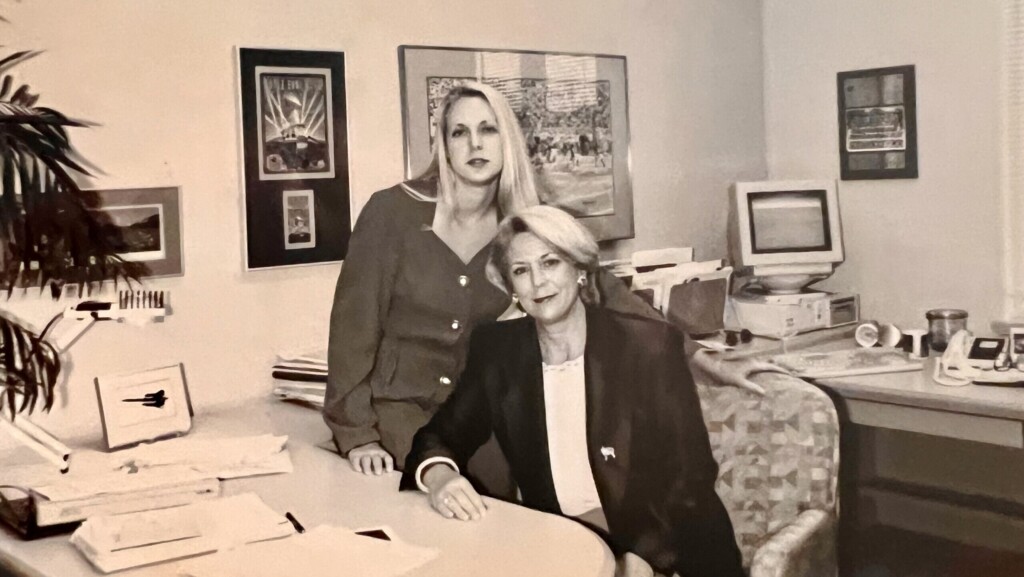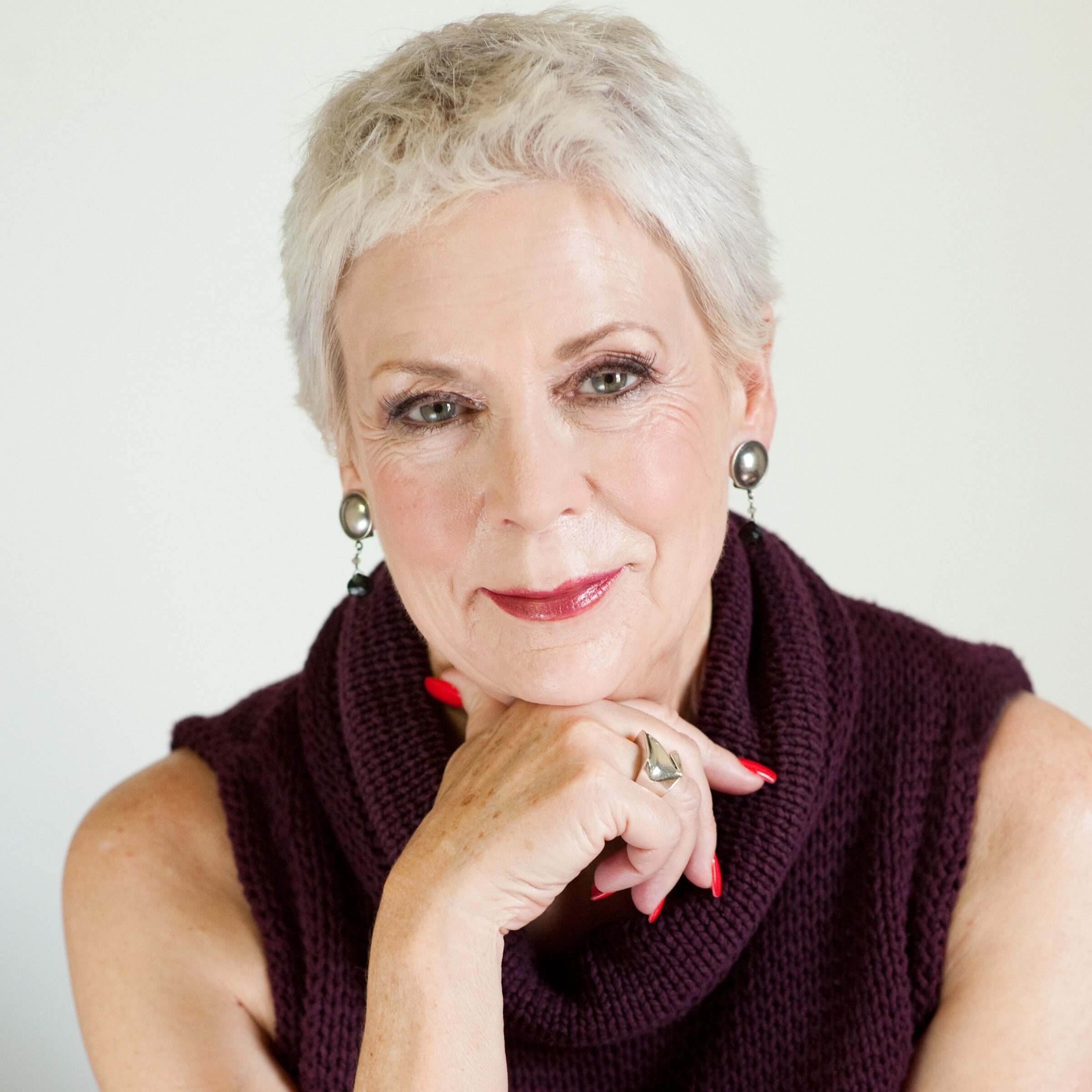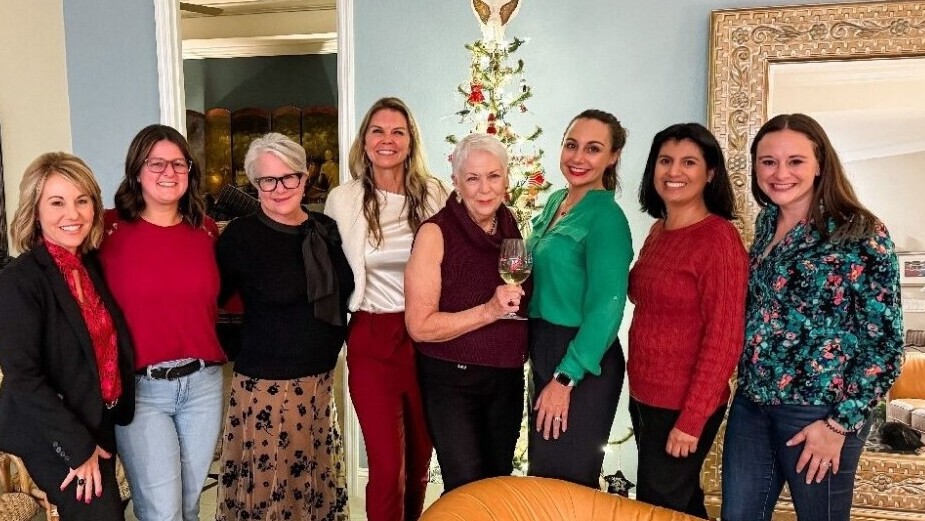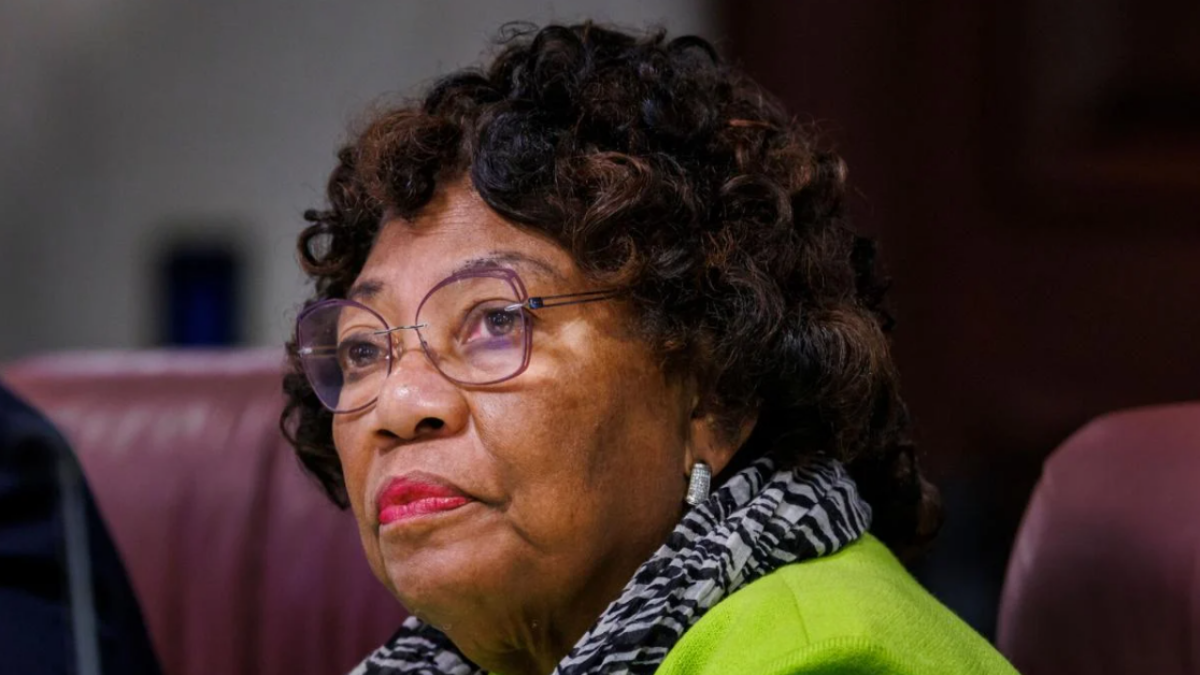Ever since Linda Nottingham retired to the First Coast 25 years ago, she’s made it her mission to help area businesses succeed after selling two companies she co-founded in Chicago: an independent insurance brokerage and a managed care company.
As a volunteer with business mentoring organization SCORE Jacksonville, and through her own coaching practice, the Texas native has helped hundreds of Northeast Florida businesses launch, grow and thrive.
“She’s made transformative change — especially in our North Florida community,” Jackie Perrault, a director at the Association of Women’s Business Centers, says.
Perrault benefited from Nottingham’s mentoring when she sought career advice. “She’s one of the most transparent and open mentors I have ever had.”
Business coaching
Nottingham is also president of CEO Focus, a business coaching practice.
She facilitates peer-to-peer mentoring roundtables, providing business owners — from startups to multimillion-dollar companies — with a confidential environment to help solve their stickiest business challenges.
In her roundtables, each member asks a question about the challenge, helping the business owner solve the problem through facilitated group discussion.
Participants learn from each other’s mistakes and successes. Nottingham only gives advice when asked. She also provides one-on-one mentoring.
An unintentional entrepreneur
How did a former social worker and educator end up a business adviser?
Nottingham’s path to entrepreneurship wasn’t planned. Starting as a social worker in Riverside, California’s welfare office, she would reinvent herself in Chicago as a 37-year-old divorced mother of two, when she couldn’t make ends meet as an educator.
Before that, she taught native American children in Arizona and was a public school counselor, earning two master’s degrees in education along the way.
Then, in 1983, with no prior business experience, she tried to persuade a Chicago acquaintance to hire her as a consultant to operationalize a hospital’s laundry facility that was moving off site.
“He told me I couldn’t do it,” Nottingham recalls. Told she was “unhirable” coming from the education field, Nottingham responded with an operational plan and said, “You don’t have anyone to do it, so why don’t you just hire me?”
He did. That led to more contract work and eventual full-time jobs as a marketing director for a preferred provider organization (PPO) and executive for a health maintenance organization (HMO).
When the HMO’s new owner let all employees go, she worried she wouldn’t land a similar position quickly, so she and a colleague struck out on their own.
They launched an independent health insurance brokerage from Nottingham’s basement.
“It was truly an act of desperation. We were scared to death,” Nottingham says. “My security and my safety was tied to a job. It was terrifying to start a business and not have a job because you don’t have any revenue in the beginning.”
Relying on unemployment until the business grew, Nottingham made calls from a rotary phone at home until she could afford a commercial office. “It wasn’t really optional. We had to make it,” she says. And they did.
Nottingham says not lying about preexisting conditions on health insurance applications helped set her company apart and grow. “Honesty was still a very much valued commodity, because there was so little of it,” she says.
That translated into success in underwriting. Building on that success, she later co-founded a separate business — a managed care company that helped physician groups contract with insurance companies at a time when managed care was taking off.

When the company sold in 1996, it was the largest privately held company of its kind in Chicago with 100 employees, according to Nottingham.
Despite being a female business owner in the 1980s, she faced little resistance, aside from letters addressed “Dear Gentlemen,” and a bank requiring her business partner’s husband to cosign a corporate car lease because married women couldn’t take on debt at that time.
Facilitating guidance
“I don’t think I’d be where I am today had I not had the opportunity to have her as a part of my life,” says Harold Boyett, president and CEO of Blue Streak Couriers, who participated in a peer-to-peer mentoring roundtable for companies with $1 million to $50 million in annual revenue.
“What made Linda so good at it is she had the life experience to back it up. When you’ve got somebody who’s been there, done that and they’re helping facilitate something, you have ultimate respect for them,” Boyett says.
He appreciated the high level of intimacy and confidential space Nottingham created, where participants felt comfortable delving into their biggest business challenges.
Teaching through story
“Linda made me a better businesswoman,” says Patti Peeples, founder of HealthEconomics.com.
Participating in a roundtable offered through the Jacksonville Women’s Business Center almost 20 years ago, Peeples credits Nottingham with helping grow and sell her business.
She benefited from Nottingham’s teaching-through-storytelling approach. “It’s a powerful technique and her years of experience meant she had stories….for just about every situation,” Peeples says. “She doesn’t tell you what to do. She will tell you a story about another company that failed to do it, and some of the consequences.”
One story seared in Peeples’ brain: A local company that went under after the IRS whacked it with a hefty tax bill for poor record keeping.
Following an audit, the IRS disallowed some of the company’s business expenses because they were not documented in its annual corporate minutes and resolutions. Consequently, the company owed significant taxes it could not pay.
“You can imagine how one might respond differently if they’re just told…’Fill out these boring forms’ versus ‘If you don’t, this is what could happen,’” Peeples says.
“I have good horror stories,” Nottingham says. “The meat on the bones are the places where you messed up.”
When Peeples wanted to sell her company, Nottingham guided her through the high-stakes process with insights from her own experience.
She connected Peeples with knowledgeable experts in Northeast Florida who helped HealthEconomics.com grow and find the right buyer.
One of those experts was Exxon Mobil’s former CFO, a SCORE Jacksonville volunteer, who met with Peeples for two years to expand her product line. “He improved my profitability. That made a significant difference in my acquisition price,” Peeples says.
Other wins

Nottingham not only helps established businesses, but start-ups too. As a SCORE Jacksonville volunteer, she consults with aspiring entrepreneurs.
She recalls meeting with a couple wanting to open a gym. After reviewing their business plan, they realized it wouldn’t become profitable for three years. So, they ditched the idea.
“I consider it a success because they did not spend their money…or take out loans only then to discover after the fact that it wasn’t going to produce the results in the timeframe they wanted,” Nottingham says.
Now in her 28th year of “retirement,” the avid golfer who walks 18 holes every Sunday and models part time, has no plans to slow down.
In the 1980s, at a time when business resources — especially for women — were limited, she did not have the benefit of a mentor. “Which is why I feel compelled to do it,” Nottingham says. “I like to help people. I’m happily willing to share my own mistakes.”






